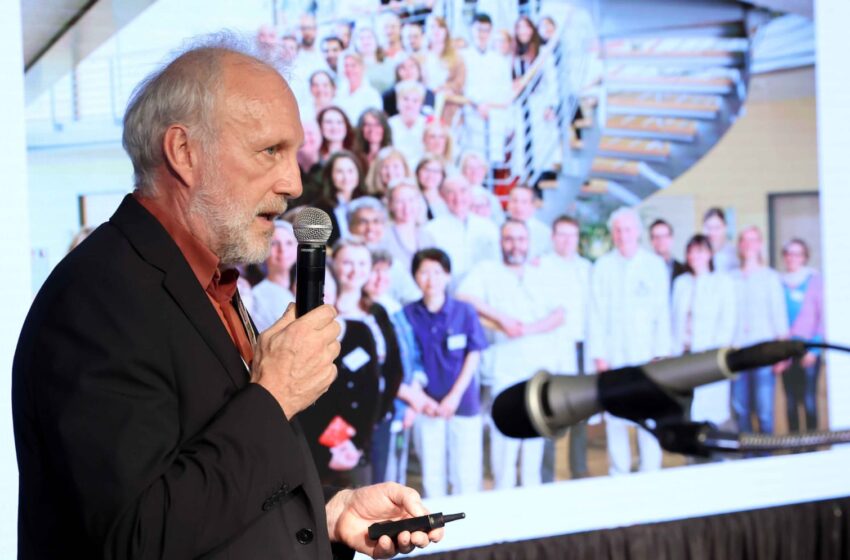
Antibiotic resistance kills millions in India
Thiruvananthapuram, Dec 5 (IANS) India ranks among countries with the highest mortality rates due to antimicrobial resistance (AMR), and statistics show that one child dies every nine minutes due to illnesses caused by bugs that resist antibiotics.
This shocking revelation was made at a plenary session of the Global Ayurveda Festival (GAF) here on Tuesday, where experts discussed the role traditional medicines can play in overcoming the threat of AMR, which is rising in almost every part of the world, prompting WHO to declare it as one of the top health threats.
Speaking on the issue, Professor Thomas Rampp from the University of Duisburg-Essen in Germany, an expert in integrative medicine, said the US and European countries also face the threat from AMR, but the risk to countries in Asia and Latin America is bigger.
Terming resistance to antibiotics a “new phenomenon”, he recalled that resistance to Penicillin was reported in 1940, though the drug was put into use by 1928.
This led to the creation of newer antibiotics to overcome that, but in the last three decades, no new antibiotics have been developed and this has aggravated the problem.
Professor Rampp also said the use and overuse of antibiotics are leading to their resistance.
He stated that this is not limited to the medical field, as over 80 percent of the antibiotics produced in the world are used in farms and fisheries, which inevitably enter our food chain.
“The reasons for resistance to antibiotics come from the overprescribing of antibiotics, patients not finishing the treatment properly, the overuse of antibiotics in livestock and fish farming, poor infection control in hospitals, and poor sanitation,” he said.
Prof Rampp said traditional medicine systems like Ayurveda can contribute significantly to improving the situation, as they approach problems and work to improve immunity. This can prevent illness and stop the unnecessary use of antibiotics.
He pointed out that Ayurveda has always focused on providing a balanced diet, and modern science now emphasises the importance of micro biomes in the gut region, which is essential to building up immunity.
Speaking on the same issue, Subarna Roy, director of ICMR National Institute of Traditional Institute in Karnataka, said their studies showed that resistance to antibiotics is different in various areas within the Karnataka state.
He warned that AMR is contributing to the rise of diseases like diphtheria in some areas of India.
A network of facilities established to monitor the AMR situation in India has identified about 10 pathogens that are proving to be dangerous.
He said sometimes antibiotics are prescribed even though they will not cure the disease but merely reduce the symptoms.
The national health policy says alternative methods to treat infectious diseases should be considered, and this is where Ayurveda can play a vital role, said Roy.
“Ayurveda practitioners are already helping the fight against AMR as they treat patients without prescribing antibiotics,” he said.
